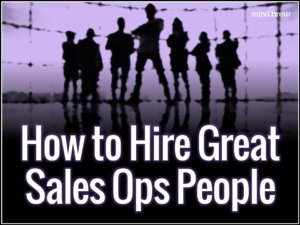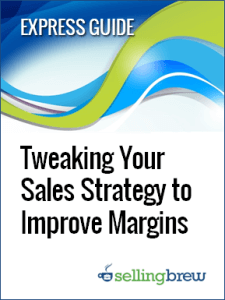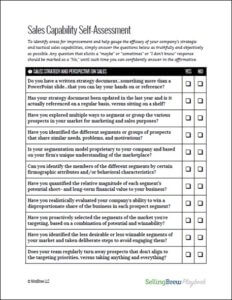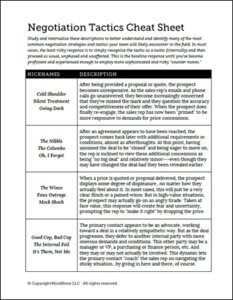It’s easy to spot a bad character in a movie or a TV show.
I’m not talking here about an evil villain or the guy wearing the black hat in the old Western. I’m talking about characters that are so poorly written or poorly acted that they are completely uninteresting and ineffective. Think of most of the “model-turned-actresses” who have clearly only been hired for their looks. Or Drago, the character played by Dolph Lundgren in Rocky 4. Or any character in a TV show or movie that includes the words “Power Rangers” in the title.
What makes these characters so boring and, well, bad, is that they are completely one-dimensional. They are all about one thing. Saving the universe. Destroying the universe. Punching Rocky. Looking good. They don’t have any other sides to their personalities.
Interestingly enough, you can also spot a bad sales ops person this way. A bad sales ops person will be one- or, at best, two-dimensional. But to be a really good sales ops person, you have to be three-dimensional.
What do I mean by that?
When we talk to companies about hiring, they often mention that their best performers have skills in three distinct areas:
- Technical Sales Knowledge and Skills. To be a good sales ops person, you have to have a good understanding of analysis, statistics, and the software you use to do your job. You also need an awareness of some key technical concepts like data visualization, customer lifetime value, and segmentation.
- Mindset, Attitutes, and Inclinations. Great sales ops practitioners also have a natural personality that makes them a good fit for the job. It’s a broad area, but it includes things like an affinity for data, business acumen, results-orientation, flexible tenacity, problem-solving capabilities, and diagnostic thinking.
- Organizational and Interpersonal Skills. Because sales operations is often a team sport, you also need someone who can influence others. Look for someone who is good at communicating with others in sales and in different departments and can motivate people to change.
A “bad” sales ops person will be really great in one of the areas, but not so hot in the other two. Most often, we see companies make the mistake of hiring a technical genius who, frankly, sucks at getting along with other people. That’s a bad sales ops person.
One leader said it best: “Someone with pretty good technical skills, who can get their ideas across and get others to change their behaviors, will almost always outperform a technical wizard that no one pays any attention to.”
Of course, it would also be a mistake to hire someone who is really good at the interpersonal stuff but needs help putting together a basic spreadsheet.
What you really want is someone well-rounded. Someone who gets Bs in all three areas will be better than someone who gets an A in one dimension but Ds or Fs in the other two.
We explore these three dimensions in much greater detail in a couple of hiring resources: How to Hire Great Sales Ops People and The Anatomy of a Successful Sales Analyst. Hiring sales ops people can be tricky–we have yet to run into anyone with a degree in sales ops. But these resources can help you identify the best of the prospects that you do have and help you build a team that is truly exceptional.













